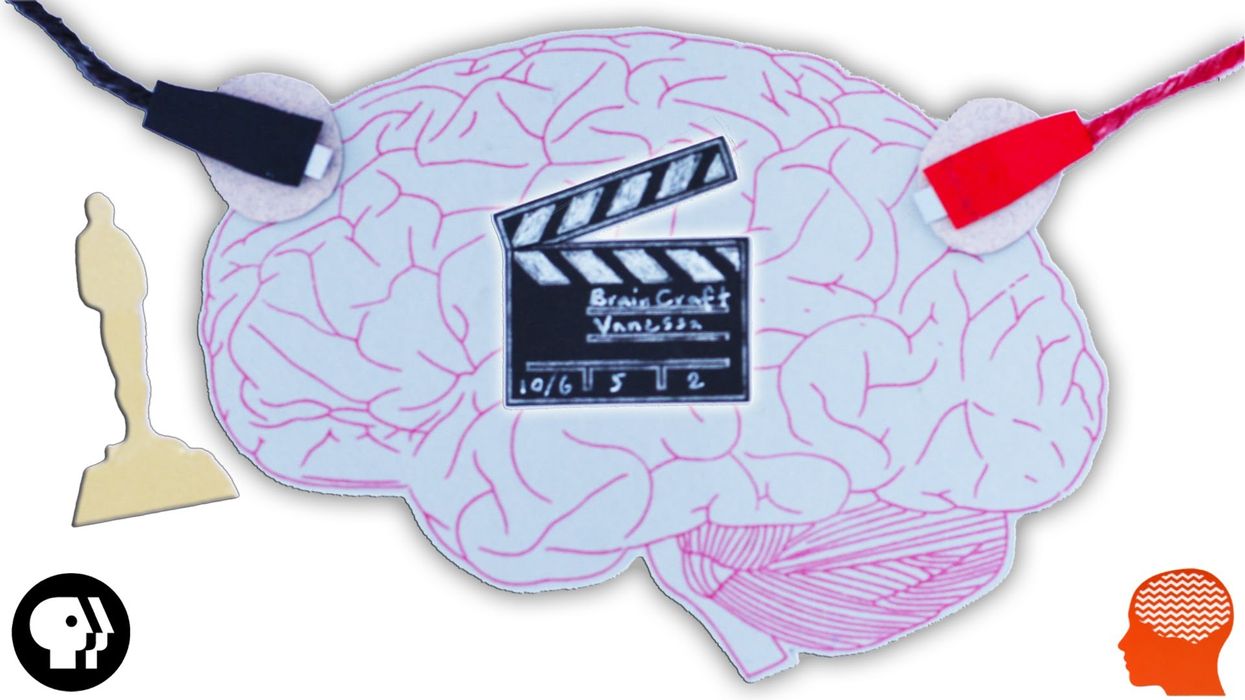This is How Films Control Your Mind
Master Mind-Controller Alfred Hitchcock was right. Movies really can control our brains!

The director once said regarding his film Psycho:
I don’t care about the subject matter; I don’t care about the acting; but I do care about the pieces of film and the photography and the soundtrack and all of the technical ingredients that made the audience scream.
Whenever we talk about film and its potential to manipulate audiences to experience certain emotional responses, Hitchcock is the first name that usually pops into people's heads, but it goes much further and deeper than the ol' Master of Suspense. Vanessa Hill, writer and host of PBS' BrainCraft, has posted a video that may make every cinephile a paranoid mess. It covers a relatively new area of study called "neurocinema", the study of how different filmmaking styles affect an audience's brain. Check it out below:
At first glance, the information in this video seemed rather innocuous -- maybe it was the playful way it was packaged. (Gasp!) But, when you start to think about film scientifically and historically, these ideas aren't anything incredibly new. We've all experienced the effects of a film geared to produce a certain reaction from us, like commercials that shrewdly try to pull at our credit cards by pulling at our heartstrings (I'm talking about you, Sarah McLachlan) -- and on a larger, potentially disastrous scale, political/social/etc. propaganda, like the Nazi films of WWII.
However, this information can not only educate us as viewers on how film affects our brains, but it can also give us new tools as filmmakers to make our films more effective and successful on more than an aesthetic or narrative level -- imagine success on a neurological level. If you think of it that way, perhaps paranoia can take a back seat to the excitement of exploring a new area of filmmaking that you may not have ever known was there.
Of course, if movies can control our brains, then that means movies can be used to control our brains. Sure, ponder that awhile (hurry, while you still can!), but also ponder the incredible vastness and the odd predictability of our human intellect -- intricate and unique minds full of biological neural networks bustling with synapses and dendrites that all seem to agree unanimously that there's nothing like experiencing a good story.
Source: BrainCraft












